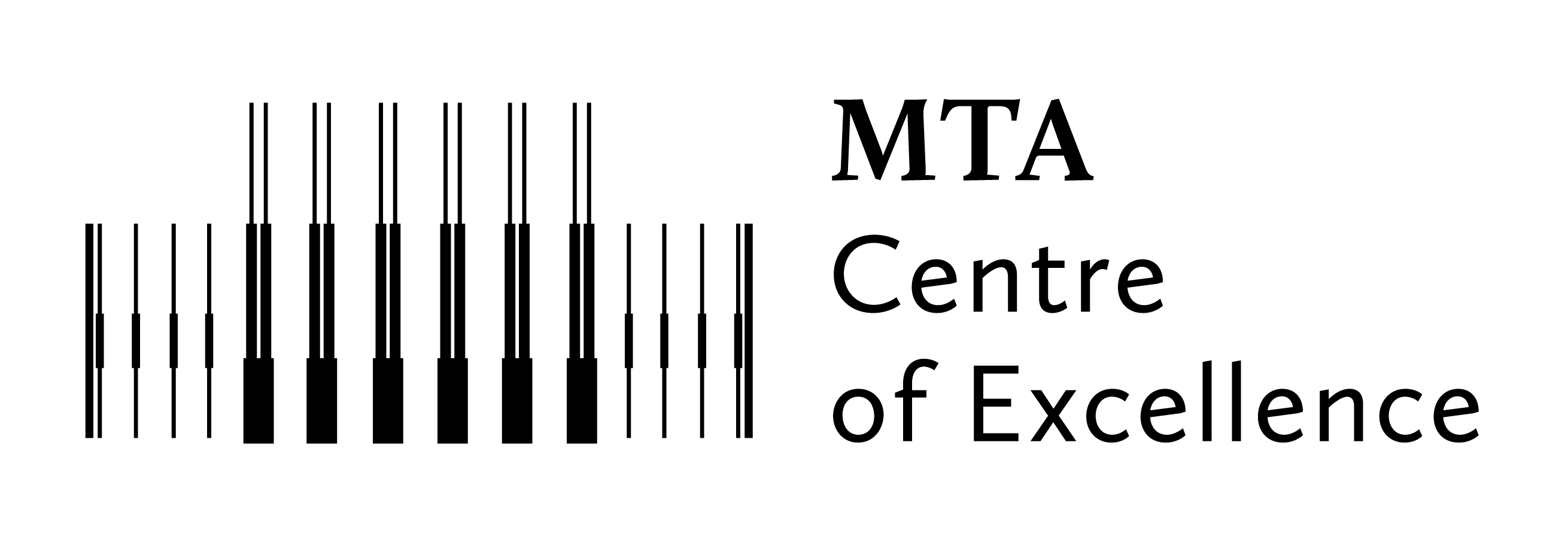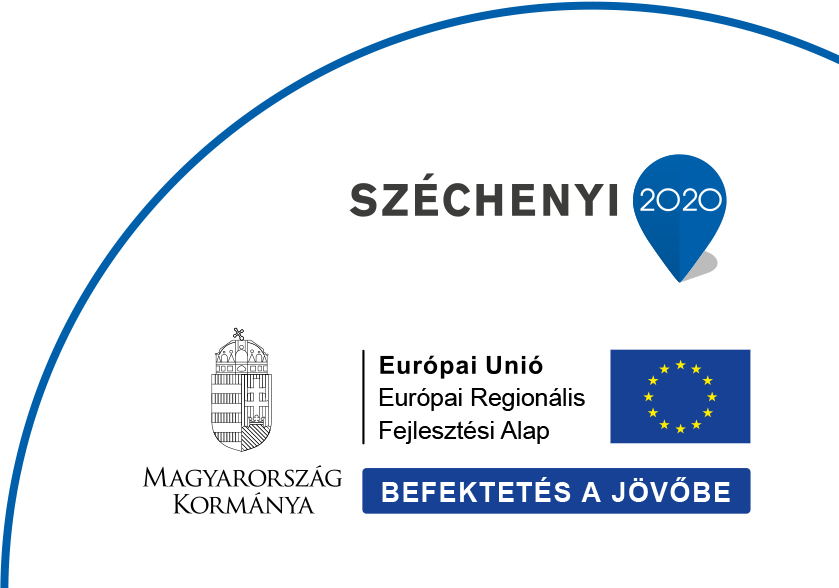The Györgyi Géza Award was founded by the MTA Institute for Particle and Nuclear Physics, in memory of this excellent theoretician who passed away at a young age.
Géza Györgyi worked with us from 1953 until his death, at the KFKI Institute for Particle and Nuclear Physics and its preceding organisations. He had a doctoral degree in Physics and taught at the ELTE. He received several professional awards such as the Schmidt Rezső Award and the KFKI Institute Award. He played an active role in the Physics community andwas a member of several academy committees, the Eötvös Loránd Physics Association and the editing committee of the Hungarian Physics magazine 'Fizikai Szemle' (Physics Review).
He had great success in a number of classic areas of theoretical Physics. As a university student he already published a crucial work on the significance of energy-impulse tensors in polarisable media in physics. Later on, his focus of interest turned to nuclear physics and his niche book "Theoretical Nuclear Physics" was published twice and translated toseveral languages. His most important work in particle physics is a theoretical construction known in professional circles as the "Györgyi-Goldhaber model". In this model, he formulated an important mass relation, which was rediscovered later on. In his research, he willingly applied the tools of group theory. He derived the greatest joy from his research clarifying the group theory aspects of the Kepler-problem, which received great attention. As a result of his consistent fundamental investigation, he became the Hungarian prophet and high priest of group theory's unsurpassably clear approach.
An important part of the older generation of Hungarian physicists learnt the basics of group theory and the fundamental importance of symmetries from him and his lectures, acquiring an important tool for their own work as well. As time passed, his interest turned towards examining basic phenomena. This is how he arrived at the simplest and most profound phenomenon of modern physics: the spectrum of the hydrogen atom. Here he showed that in place of the formalism of differentiated equations, exploiting group theory symmetries also allows a full discussion, which gives us not only the spectrum but the rules of transition as well. This research of his further enhanced the international fame of his previous results.
results.
His achievements in the history of science are also significant, as he considered it extremely important to preserve old values. Publishing the correspondence between János Neumann and Rudolf Ortvay
was one of his important contributions to the history of modern, 20th century physics in Hungary.
His willpower was inexhaustible. Only such a remarkable character was able to overcome paralysing helplessness, while continuing his inquiries into the vast area of symmetries, which is full of surprises. He had to spend more than half of the approximately twenty years of his creative period paralysed by polio, but up until his untimely death, he ledan exemplary active and creative life. The best way the RMI can preserve the memory of this outstanding researcher is to have founded the Györgyi Géza Award for young researchers in 1995.
The award has been presented every year to those that have been found worthy.
Award winners up to present
2023 - János Takátsy
2022 - Gábor Balassa
2021 - Károly Csukás
2020 - Tamás Gombor
2019 - Mónika Varga-Kőfaragó
2018 - Dávid Dzsotján
2017 - Gergő Hamar and László Oláh
2015 - Mátyás Pápai
2014 - Zoltán Németh
2013 - Károly Ürmössy
2012 - Gábor Zsolt Tóth
2011 - Dániel Merkel
2011 - Róbert Vértesi
2010 - Gergely Debreczeni and Szabolcs Hernáth
2009 - Levente Molnár
2008 - András László
2007 - Tamás Kiss
2006 - Gergely Gábor Barnaföldi
2006 - Márton Major
2006 - Krisztina Szalisznyó
2005 - was not awarded
2004 - Gabriella Böhm
2003 - was not awarded
2002 - Zoltán Németh
2001 - was not awarded
2000 - László Deák
1999 - Ferenc Siklér
1998 - Árpád Gergely
1998 - Gábor Veres
1997 - Tamás Grőbler
1997 - Antal Juhász
1996 - Tamás Csörgő



